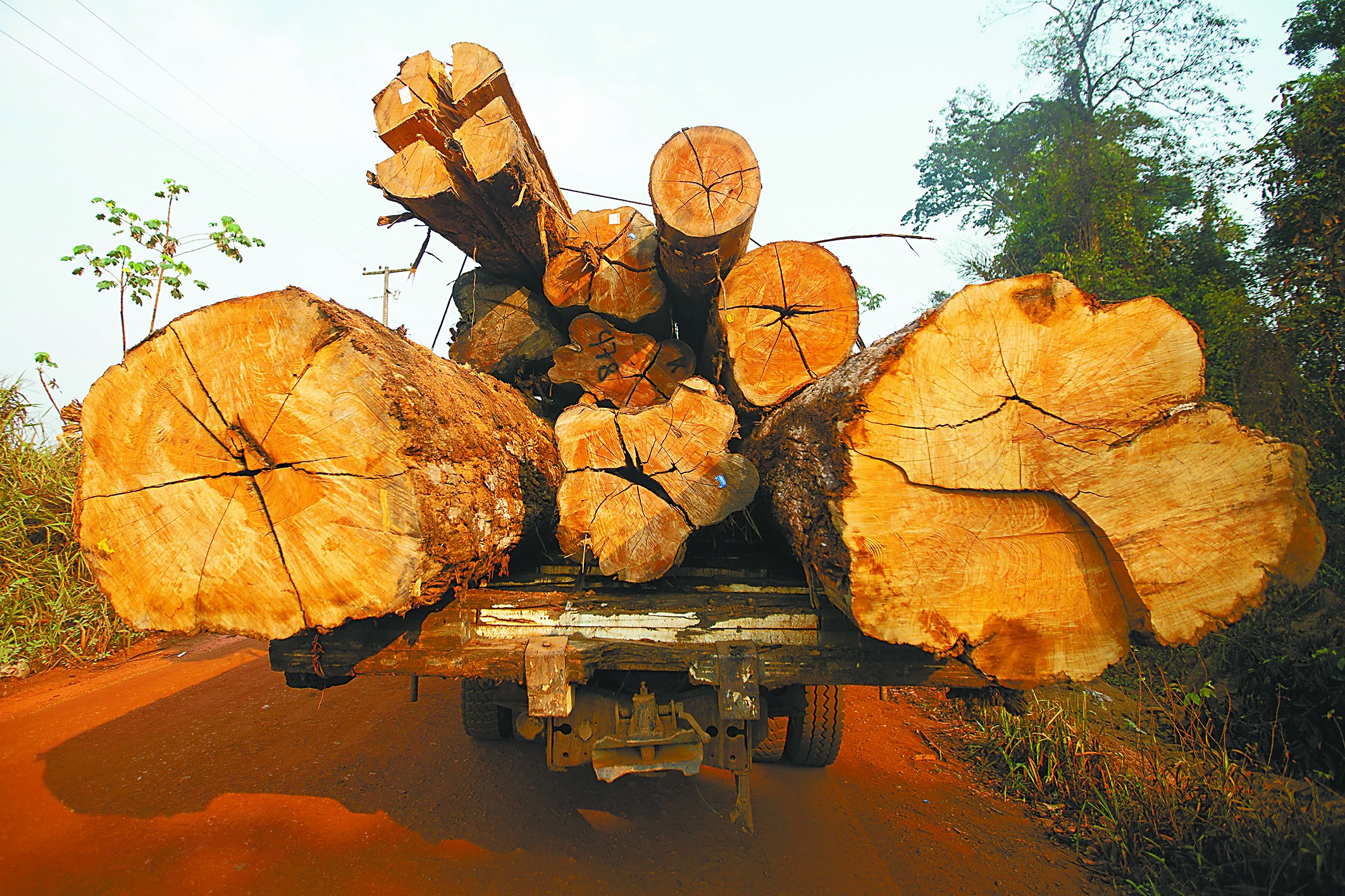The Amazon Rainforest, often referred to as the “Lungs of the Earth,” is a critical ecosystem that not only harbors unparalleled biodiversity but also plays a crucial role in global climate regulation. Spanning several countries in South America, it is a treasure trove of life, housing countless species of plants, animals, and indigenous communities whose livelihoods depend on its integrity.
However, this majestic wilderness is under severe threat from deforestation, primarily driven by the demand for agricultural land and timber. Developed countries, often in pursuit of economic gains, exert significant pressure on developing nations to exploit these natural resources. This exploitation not only disrupts delicate ecological balances but also contributes significantly to global carbon emissions, exacerbating climate change.
The necessity to protect the Amazon Rainforest cannot be overstated. Its vast expanse acts as a carbon sink, absorbing carbon dioxide from the atmosphere and helping to mitigate the effects of greenhouse gas emissions. Moreover, it serves as a crucial habitat for countless species, many of which are found nowhere else on Earth. The loss of these species could have profound implications for global biodiversity and ecosystem stability.
It is imperative for the international community to take collective action to safeguard the Amazon Rainforest. This entails supporting sustainable development practices that respect indigenous rights and promote conservation efforts. Developed countries must acknowledge their role in driving deforestation through consumption patterns that demand products linked to forest destruction.
Furthermore, it is crucial to empower local communities and indigenous peoples who are the stewards of these lands. Their traditional knowledge and practices are invaluable in conserving the Amazon Rainforest for future generations. Initiatives that promote sustainable livelihoods and provide economic alternatives to deforestation are essential in this regard.
In conclusion, the protection of the Amazon Rainforest is not just a regional issue but a global imperative. It requires concerted efforts from all nations to uphold environmental integrity, respect human rights, and combat climate change. Developed countries must take responsibility for their role in driving deforestation and support sustainable development pathways that preserve this irreplaceable natural wonder.
The time to act is now. By safeguarding the Amazon Rainforest, we secure a future where nature thrives, biodiversity flourishes, and humanity coexists harmoniously with the natural world.

Leave a Reply